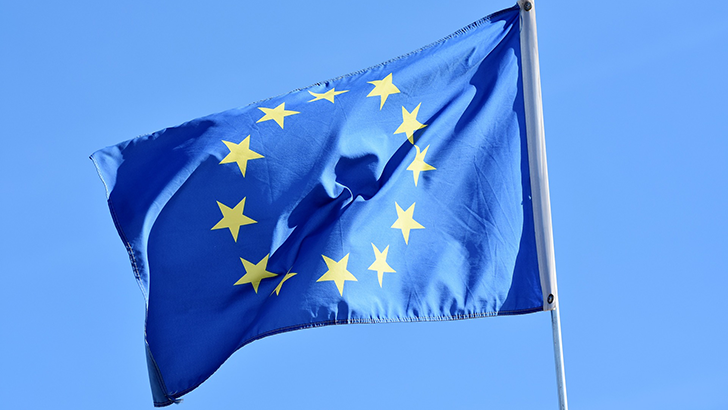Summary
- The DMA targets tech giants like Alphabet, Apple, and Meta for gatekeeping practices to ensure fair competition in the industry.
- As the DMA goes into effect, the EU has launched a non-compliance investigation into Alphabet’s practices around the Play Store and Google Search on Android, two fronts the company has already attempted to address through changes announced earlier this year.
- Meta is under scrutiny for its “pay or consent” model, while Apple already faces a hefty fine for pressuring developers and limiting alternative services on iOS.
The Digital Markets Act (DMA) has been in the works in the European Union for years. Legislators developed the regulations to curb gatekeeping by tech companies and sustain competition across the industry. Alphabet, Amazon, Apple, ByteDance, Meta, and Microsoft were all identified as gatekeepers by legislators. Now that the DMA is in full effect, Alphabet is one of three companies under fire for violations.

Here’s how Google will comply with the DMA when it goes into effect in March
The EU is forcing Google to unlink its services if you want it to
The EU has begun an investigation into Alphabet, Google’s parent company, for allegedly keeping customers in the dark about affordable app alternatives outside of the Google Play Store, per CNBC. The European Commission (EC) is also examining whether Google is still giving preference to its search results.
In response to the allegations, Alphabet is citing a blog post it published, showing how Android device users can easily change their default search services if they so choose. There is no set deadline for the investigation, but the European Commission said that it is working to reach a conclusion within the next 12 months.
How Meta and Apple are being impacted
Meta, the tech giant behind Facebook and Instagram, is also under investigation by the commission. The company is being scrutinized for its “pay or consent” model after giving EU users an option to pay for an ad-free experience. Those who do not pay are required to agree to Meta’s terms and conditions, all while continuing to be served personalized advertisements. Apple is facing allegations more similar to what Alphabet has been dealt, but it has already been assessed a $1.9 billion fine. This penalty came after the EC determined Apple pressured developers to hide alternative services from iOS users. Now, the company is being accused of not making it easy to change default iOS services.
How companies like Alphabet will be impacted long-term by new DMA limitations has yet to be seen. However, friction already seems to brewing with regulators, and it doesn’t only involve Google’s parent company. Apple and Meta also have a lot of cleaning up to do, and legislators aren’t hesitating to dish out fines in the meantime.

